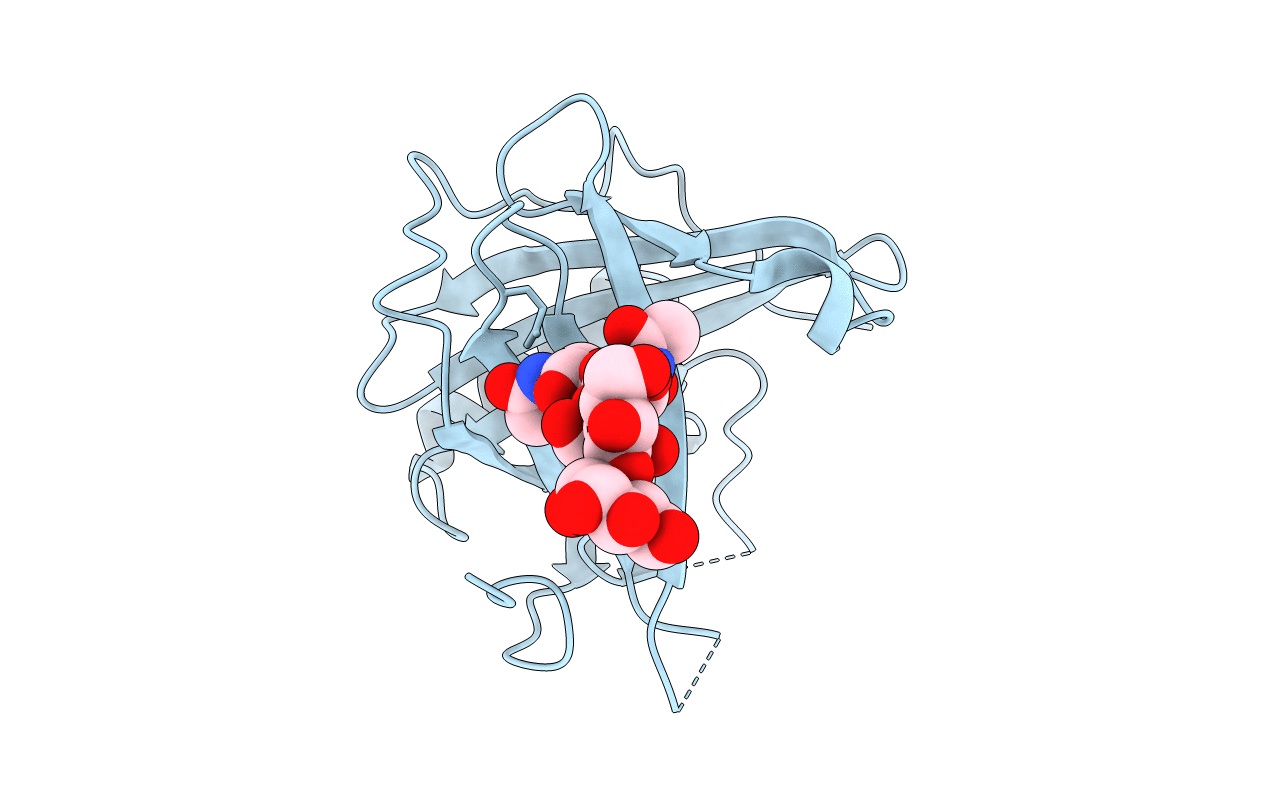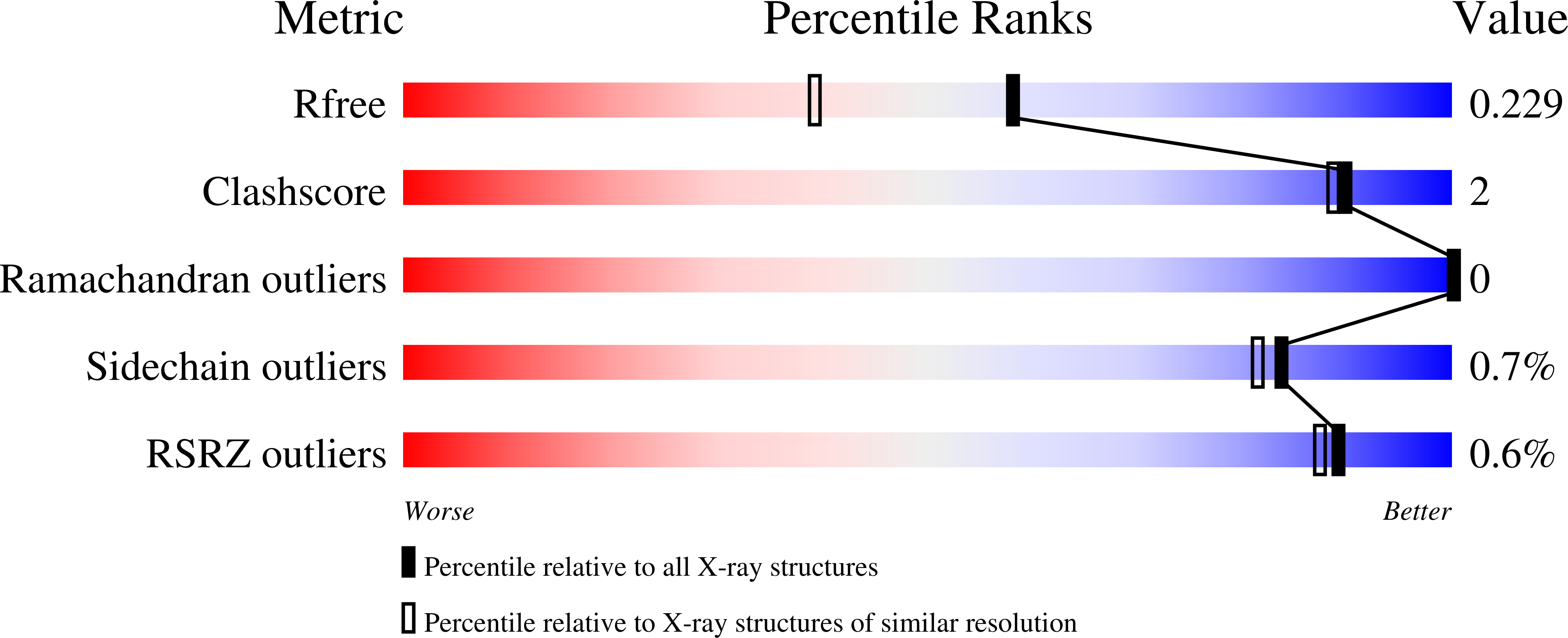
Deposition Date
2011-05-16
Release Date
2011-09-28
Last Version Date
2024-11-20
Entry Detail
PDB ID:
3S26
Keywords:
Title:
Crystal Structure of Murine Siderocalin (Lipocalin 2, 24p3)
Biological Source:
Source Organism(s):
Mus musculus (Taxon ID: 10090)
Expression System(s):
Method Details:
Experimental Method:
Resolution:
1.80 Å
R-Value Free:
0.22
R-Value Work:
0.20
R-Value Observed:
0.20
Space Group:
P 21 21 21


